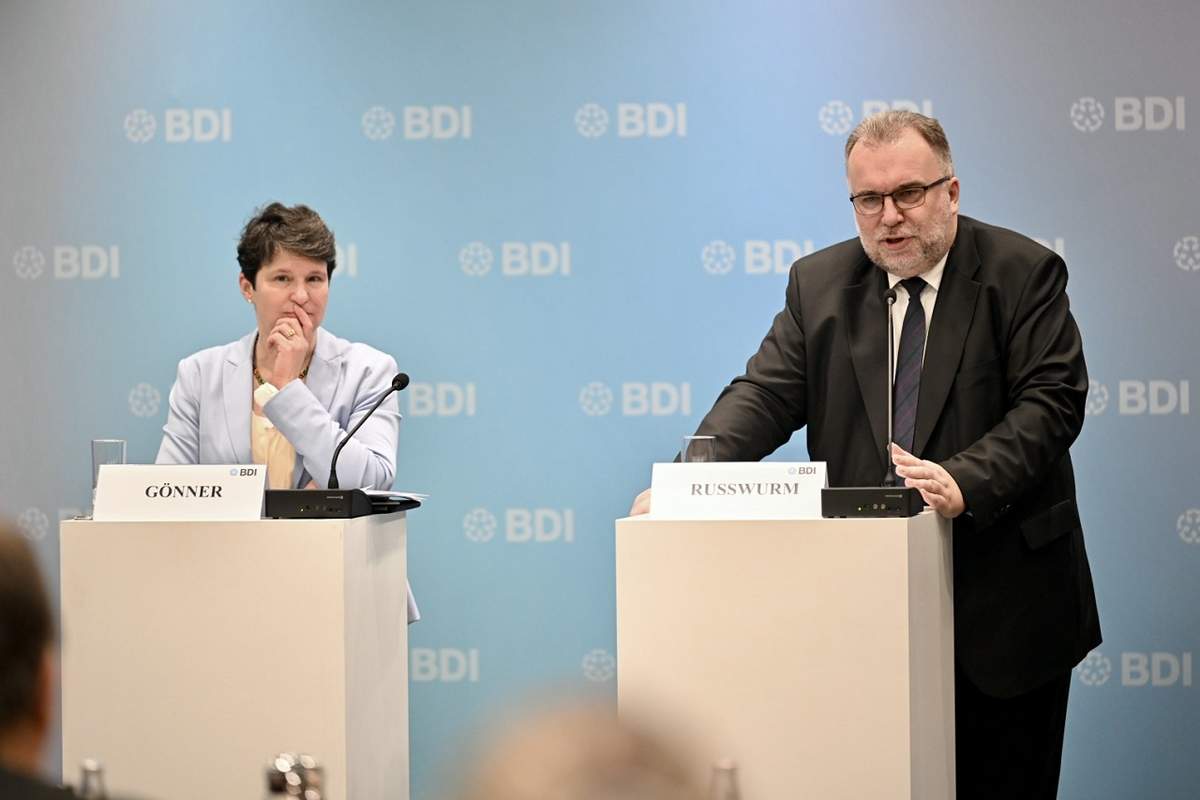
Germany’s plans to base its energy transition on a fleet of hydrogen-fuelled power plants may fall victim to the country’s growing economic malaise, leading to a continued reliance on coal, a senior business figure warns.
Sigfried Russwurm, president of employers’ body, the Bundesverband der Deutschen Industrie (BDI), said the BDI expected the German economy to grow 0.3% in 2024, compared with 2.9% for the rest of the world.
That could make Germany’s goal of producing 100% of its power in a climate-neutral way by 2035 unrealistic during a long budgetary crisis.
In particular, the strategy of building state-subsidised hydrogen-capable power plants for the energy transition was “one of the core issues that requires long-overdue action”.
The aim was to construct 8.8GW of hydrogen-burning power plants, alongside 15GW of natural gas plants that could be converted to hydrogen by 2035. These would be enough to meet about a third of peak power demand in 2023.
The plants would be turned on when the output from wind, solar and hydro fell below what was required, meaning that a private sector company would not build and operate them without enough state subsidy to provide a return on investment.
However, the €7bn earmarked for this was lost when the Constitutional Court blocked the transfer of unused pandemic funds to green investments, thereby blowing a €60bn hole in Berlin’s finances.
To make matters worse, Germany’s decision to close its nuclear power plants, largely at the behest of the Green Party, and its loss of low-cost Russian natural gas, mean that it will have to fall back on coal.
Russwurm said: “As long as the construction of planned back-up power plants does not get under way because business models and financing are unclear, Germany will remain dependent on the continued operation of coal-fired power plants.
The BDI president said it would be “bizarre and embarrassing” if Germany remained dependent on its coal-fired power plants because there were no alternatives.
“But this exact scenario is getting closer every day,” he said.
Further reading:






